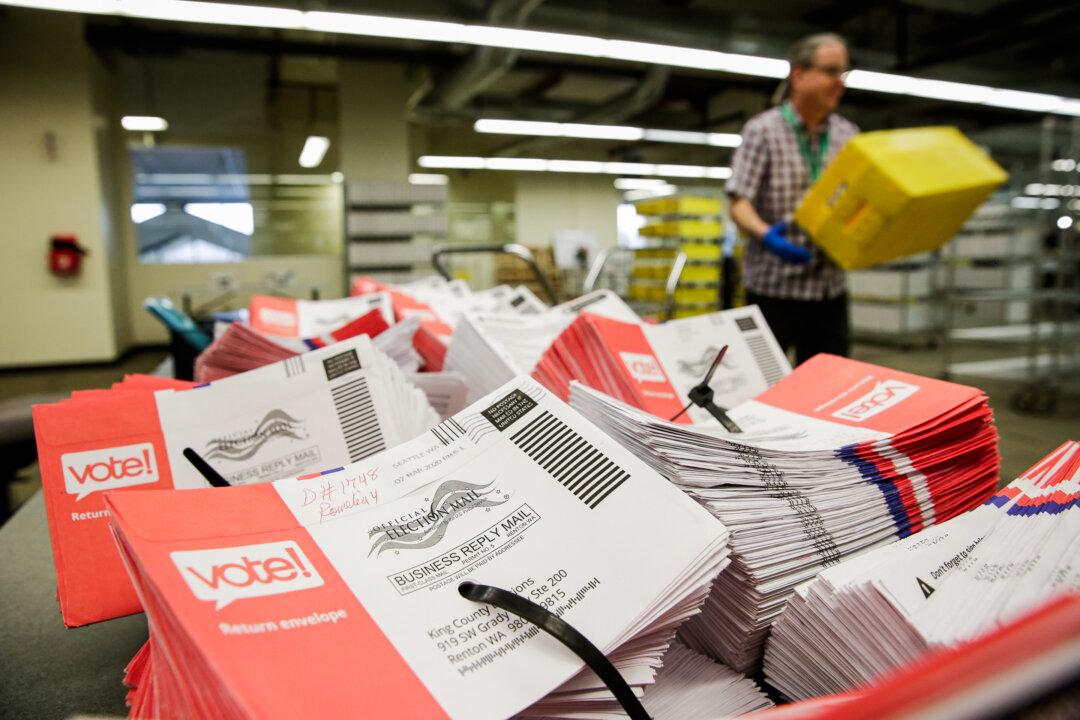A judge in Louisiana on Dec. 5 nullified an election, ruling that multiple votes were illegally cast and that those called into question the results.
“It was confirmed by witness testimony that two individuals voted twice, or ‘double voted,’ and that at least four individuals who were then and currently fully interdicted cast ballots in person the day of the election,” Judge Joe Bleich wrote in the ruling. “It was further confirmed by testimony that several accepted absentee or mail-in ballots did not comply with Louisiana law, and should have been rejected.”





